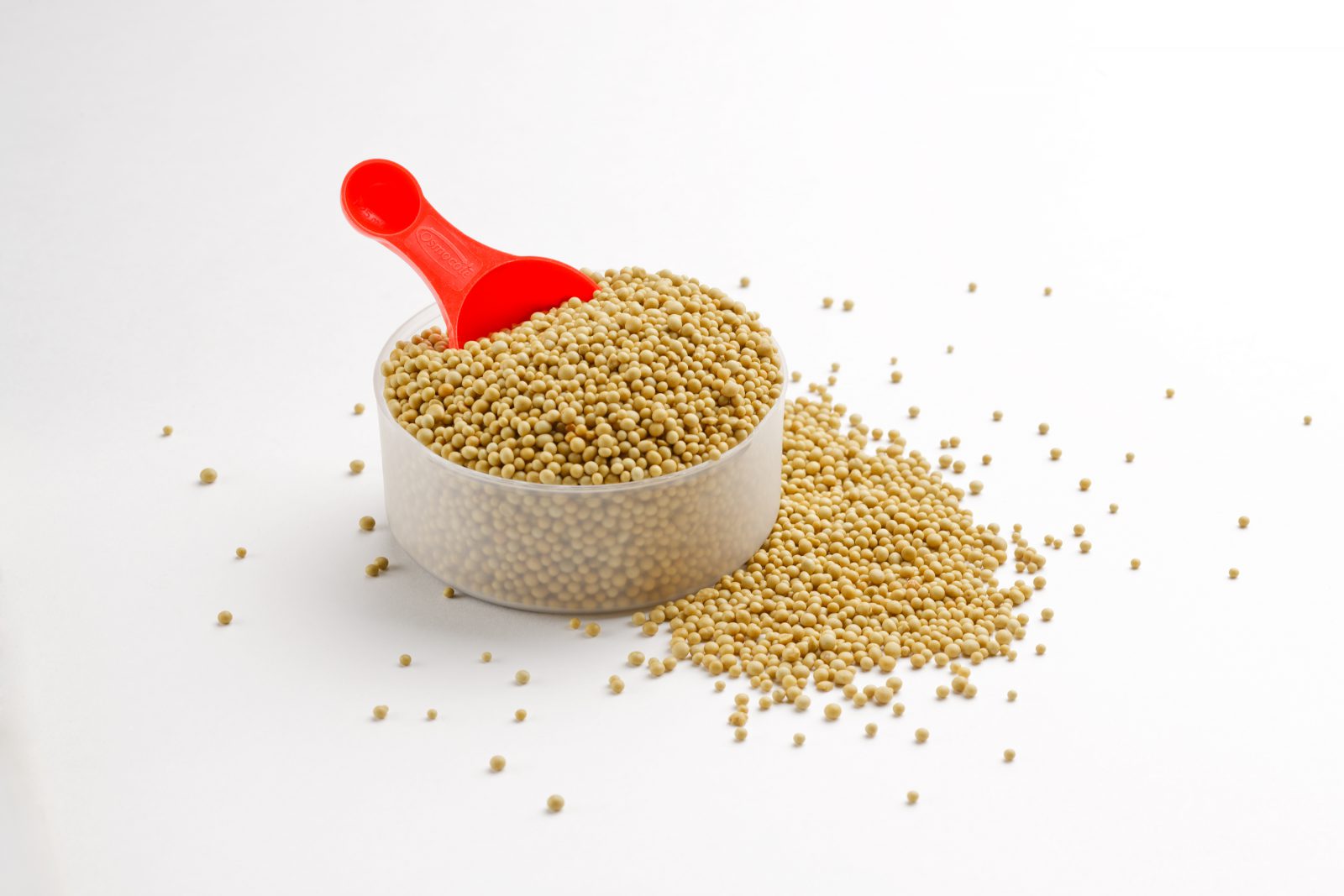Murder in the Rose Garden!
Views: 4025

We returned home this past Monday night, after spending ten lovely days on the Outer Cape with rose friends, family, and by ourselves. Tuesday morning, I went out back to water and nearly twisted my ankle because the back yard was full of runways, or tunnels. I knew immediately what happened. Because there had been no activity for days on end, the voles moved back in. I started watering the gardens…it is still bone dry here and even the trees are wilted! I noticed that in some spots under the roses my watering wand sank six or seven inches into the ground. The voles are moving back in for the winter.
I met some face to face for the first time last fall. I was pushing a wheelbarrow full of firewood to the back porch when I must have squashed one of their runways. Six or seven voles literally spit out of the ground, all of them scolding me with suprisingly loud squeaks. Over the winter they were very busy. They went over the sill in the garage and stripped all the bark off my potted roses on low shelves waiting for spring. The exposed white cambium totally dehydrated and the roses were as dead as a post. I could see the tiny tooth marks on what was left, and in some cases, they chewed right through the shank below the bud union. What was left looked like my grandpa’s whittling on a stick. Now, when I speak to garden clubs, I bring one of these murdered roses along. It could double as one of Rudolph’s antlers at Christmas!!
Rose Pruning
When it was time for spring pruning, I found out that they had been busy in some of the rose gardens, too. It’s an odd sensation when you touch a rose cane, and the whole bush falls over because it’s been chewed through underneath! Zepherine Drouhin, a lovely old garden climber from 1868, towered to about 20 feet, and would have gone over the roof this year. Her shank was three or four inches in diameter, and they chewed right through it. It really hurt to take her to the dump! That’s when my murderous thoughts began to take shape.
I went and got my antique hay fork and started to stab the soil all over the gardens, hoping to impale some on the stiletto sharp tines. I stomped around, stabbed and stabbed, and basically exhausted myself! Then I remembered that I had once used a small animal repellant, and the basic ingredient was garlic oil. I went to the local dollar store and bought ten bottles of dehydrated minced garlic and seasoned all the gardens with it. I bought a product with ground slate and castor oil in it and liberally salted it around. The theory is that the castor oil gets on their fur and gets ingested while grooming. It then gives them the fatal ‘runs,’ and they dehydrate and die underground. They literally become fertilizer! (Hah! I liked that idea!) To make a long story short, I haven’t seen any vole activity in the gardens all summer. Until now…
Voles!
What are voles, anyway? People confuse voles with moles, and I am here to set the story straight. Moles are carnivores. They eat earthworms, grubs, and pupating insects in the soil. Moles can grow rather large, and have well-developed hands and powerful shoulders for digging and pushing up soil. Their runways (tunnels) often looks like small volcanic eruptions, with piles of soil deposited at the surface. Moles are blind and spend almost all their time below the surface. Moles hibernate for the winter in the root systems of large trees.
Meadow Mice
Voles, or Meadow Mice, are herbivores. This means they gorge on our prize bulbs, plants, roses, shrubs, and trees. They are not blind, but are tunnelers like moles, and if they can manage, they will take over abandoned mole tunnels. We had no trouble with moles or voles until our neighbors decided to put in a new driveway. All the noise and soil vibration sent them packing right onto our property. Voles look kind of like miniature hamsters. They have short tails, small ears set back on their heads, and eyes to see with. They will come above ground. Their runways are smaller and less destructive than mole tunnels which causes a problem because they’re more difficult to see.
They like setting up their runways along some kind of a barrier: wooden garden edging (like I have), foundations, stone walls…you get the idea. Their favorite diet in the winter time is bark underground. They girdle trees, shrubs, roses…they really loved my prized Oriental Lilies, too. Voles do not hibernate. They forage for four hours and sleep for four hours, round the clock 365 days a year. The females start to reproduce at between 30 and 40 days of age, and have another litter of pups every 21 days for the rest of their lives. Each litter is between six and twelve babies. Tiny critters, folks, but a formidable foe…it’s really easy to get overrun with these guys before you even know you have a problem!
Fixing your Vole Problem
The best way to be rid of these sub-terranean aliens is still a really good housecat. I have two (the little traitors! I’m always catching them hunting at my neighbors’ house!!). This is the time of year to chase them out of the gardens, so I just bought some spikes to put in the rose garden that make thumping noises and also are supposed to be ultrasonic repellants. You can also mix up peanut butter and oatmeal and bait mousetraps with that. You then put the mousetrap near a runway air hole. (These are about the size of a quarter.) Put a flowerpot over the trap and weight it down with a brick or large rock and wait for the SNAP!
I’ll let you know how things work out! This is war, and obviously it’s time to re-educate my kitties!
Meet Marci Martin
Marci Martin has loved roses for as long as she can remember. From the time she was a little girl, she was fascinated with how…
Marci's Recent Posts

Roses and Friends at Race Point Lighthouse








